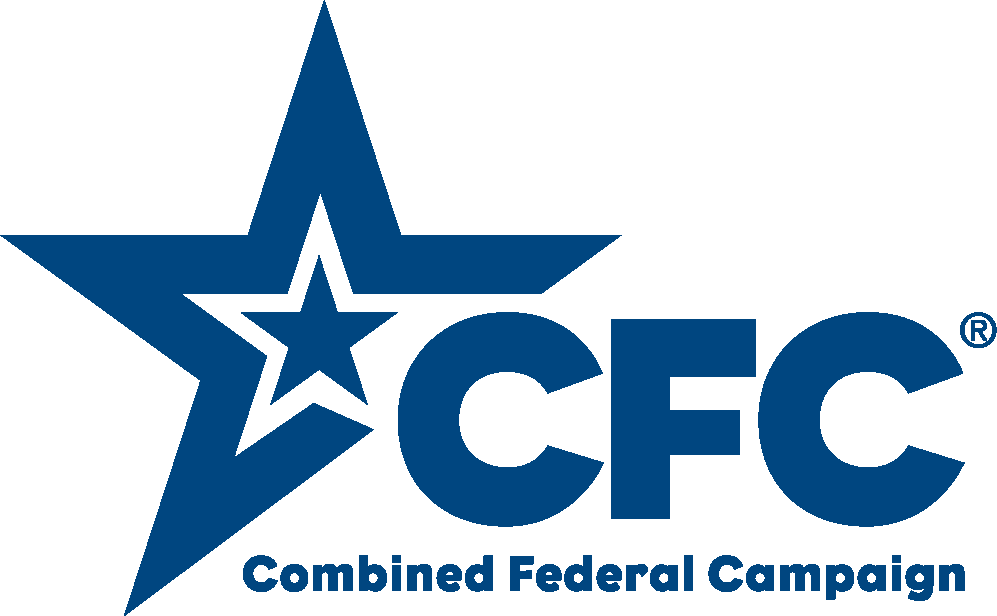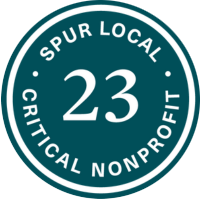This campaign ended before June 2018, when this website was created.
The Problem:
The in-the-works WMATA purple line promises to create positive change: drastically reducing commuting time, allowing workers to spend more time with their families and less time on their commute, benefiting the environment by taking thousands of cars off the road, and increasing economic opportunities.
But for many residents in Langley Park, a neighborhood on the border between Montgomery County and Prince George’s County, the construction of the purple line could mean the loss of their homes or apartments, and the destruction of the communities that have been their home for years.
The Langley Park community includes a large immigrant population and a vibrant local business scene. Construction of the purple line through this community would likely spur more development, but this should not come at the cost of the houses and apartments of those who are living there now.
If their housing is not protected, the ethnically diverse community that currently lives in the neighborhood would be forced out. If local businesses are not protected, the livelihood of many families would be threatened and those families would be forced out as well. Therefore, if not protected, the essential character of the community would be destroyed by the construction of the purple line.
Wins on the Fair Purple Line Campaign:
June 2009: Testimonies and letters prepared and presented to the council because of a JUFJ initiative resulted in significant revisions to the sector plan: elimination of plans to replace current affordable housing units with new roads, strengthened language about the need for affordable housing, and removed offensive language about affordable housing.
Summer/Fall 2009: FPL members and JUFJ staff participated in working group meetings at which JUFJ and our allies won an agreement from the planning board that no rezoning (i.e., no approval of the sectional map amendment) would occur before the creation and approval of a comprehensive affordable housing strategy for Langley Park.
2009-2010: JUFJ organized and convened an allied group of affected business owners, residents, social service providers, community organizing groups, area clergy, and local university students that worked on community outreach and education.
March 2010: JUFJ successfully helped prevent Jack Johnson’s attempted ouster of Sam Parker, the planning board chair and a friend of affordable housing by encouraging our members to submit written and oral testimony in support of Chairman Parker.
2009-2011: The campaign organized multiple important educational events to help JUFJ’s membership and our allies understand the issues at stake.
2009-2011: Our educational and advocacy efforts resulted in excellent media coverage that increased awareness about housing and displacement issues in Langley Park and would likely not have occurred without JUFJ’s work.
Spring/Summer 2011: Several non-profit housing developers read or heard about JUFJ’s work and contacted us to ask how they can help and get involved in Langley Park. The planning commission said getting such developers involved is one of the most important ways to help preserve the neighborhood.
Click here for more on affordable housing policy options.


